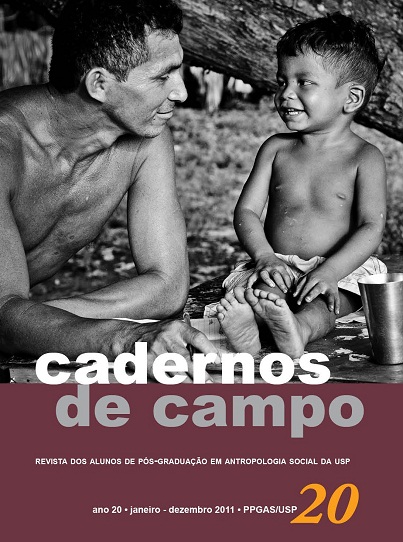Politics, economy and symbolic mediation: ethnographic notes on the constitution of social chieftainship build on the experience of Porto Alegre’s Camelódromo
DOI:
https://doi.org/10.11606/issn.2316-9133.v20i20p33-50Keywords:
Camelódromo. Transition. Informal trade. Political mediation. State.Abstract
This article emphasizes on the disputesand organization processes of a popular shopping
center – called “Camelódromo” – located in
downtown Porto Alegre/RS. Based a multi-sited
participant observation, this paper argues, on the
one hand, governmentality strategies associated to
the state’s persuasive force by relating the necessity
of sanitation and urbanization of the public space to
the spatial and identitarian displacement of informal
workers from the streets to the juridical-formal
visibility. On the other hand, questions the models
of state management underlying the public-private
partnership by contextualizing them through the
view of the camelôs vendors a.ected by the transition
process. .e ethnographic accompaniment
of their community leader – Juliano Fripp – and
the connection of the di.erent spaces of the public sphere (City Council, Prosecutor, City Hall and the
Participative Budget), both linked to the group’s
expectations; allows to see how the more broader
tensions about political and economical processes
are congured by the organization processes of the
“Camelódromo“.
Downloads
Download data is not yet available.
Downloads
Published
2011-03-30
Issue
Section
Articles and Essays
License
I authorize Cadernos de Campo Journal of Anthropology to publish the work of my authorship/responsibility, as well as I take responsibility for the use of images, if accepted for publication.
I agree with this statement as an absolute expression of truth. On my behalf and on behalf of eventual co-authors I also take full responsibility for the material presented.
I attest to the unpublished nature of the work submitted
How to Cite
Kopper, M. (2011). Politics, economy and symbolic mediation: ethnographic notes on the constitution of social chieftainship build on the experience of Porto Alegre’s Camelódromo. Cadernos De Campo (São Paulo, 1991), 20(20), 33-50. https://doi.org/10.11606/issn.2316-9133.v20i20p33-50





